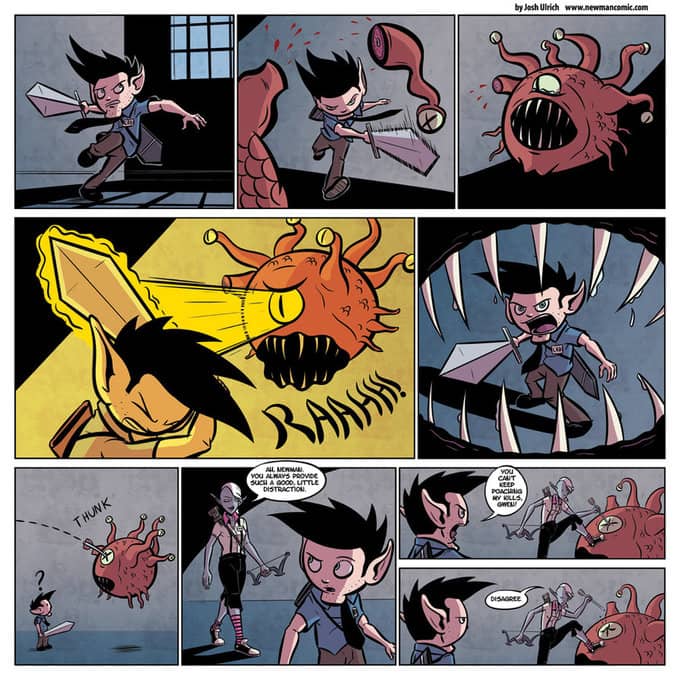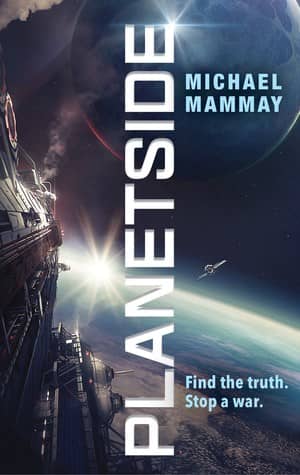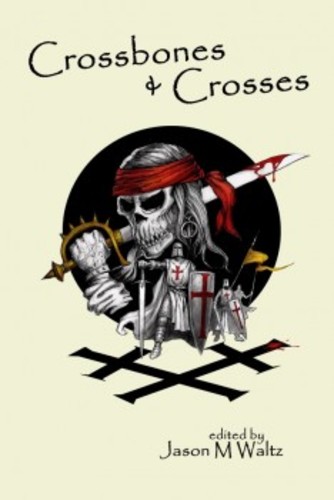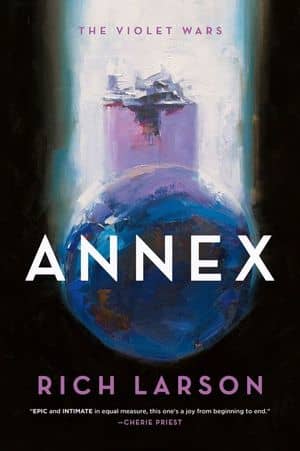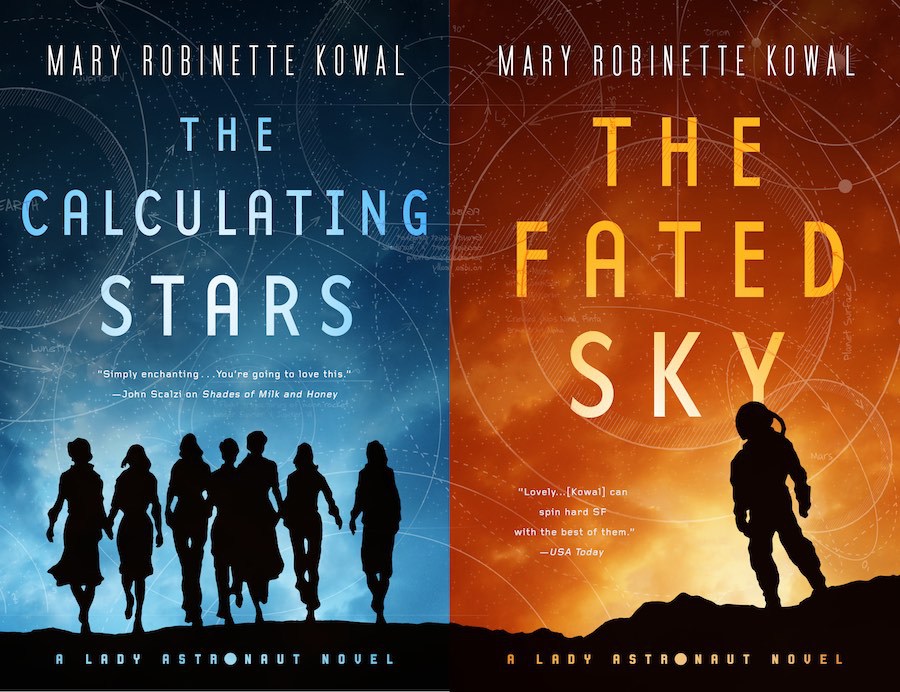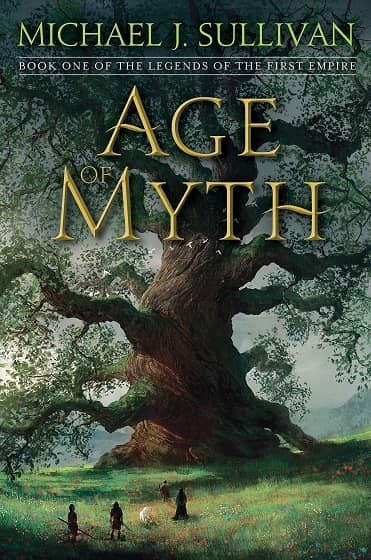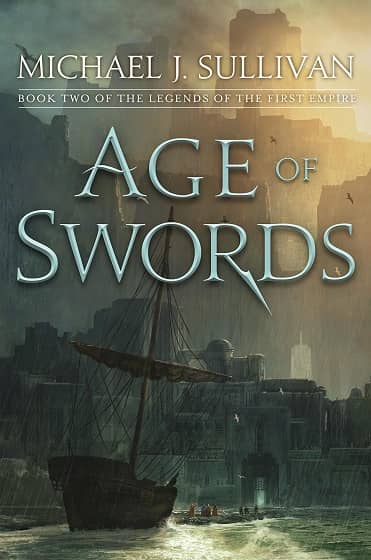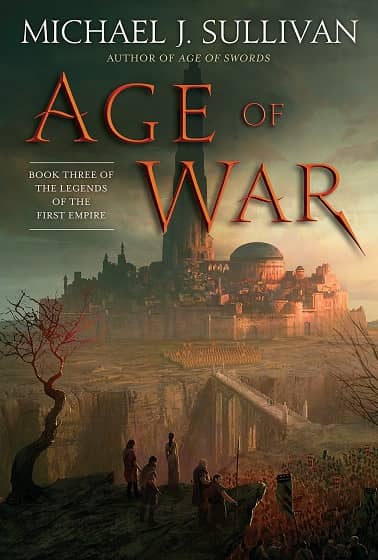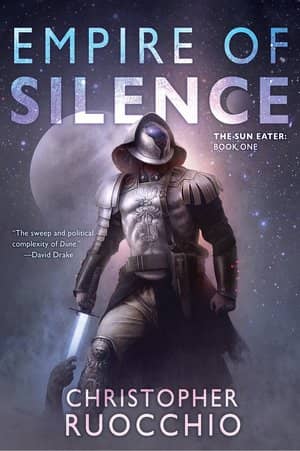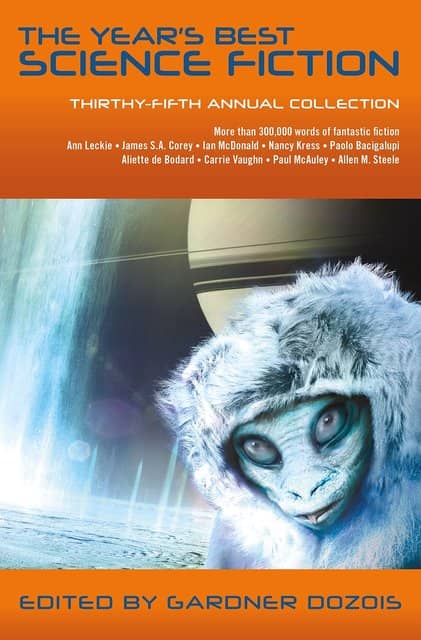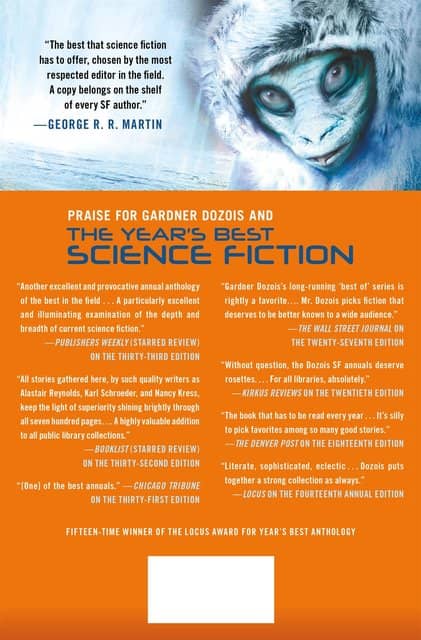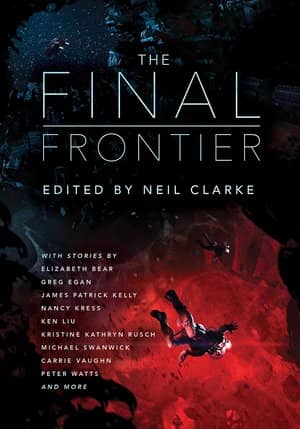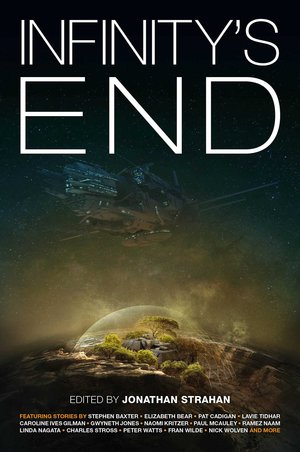 A few years ago Black Gate asked “Is the Original SF and Fantasy Paperback Anthology Series Dead?” Those were dark, dark days, and I don’t like to think of them.
A few years ago Black Gate asked “Is the Original SF and Fantasy Paperback Anthology Series Dead?” Those were dark, dark days, and I don’t like to think of them.
They’re over now. Science fiction was rescued from a barren wasteland of paperback sameness by the one publisher who had a decent shot: Solaris. They did it by taking a chance on a paperback anthology series that has become one of the most acclaimed and celebrated of the past few decades: Jonathan Strahan’s Infinity Project, which comes to a triumphant end this month with Infinity’s End, certain to be one of the most talked-about books of the year.
You see, years ago original anthology series like Damon Knight’s Orbit, Terry Carr’s Universe and Robert Silverberg’s New Dimensions were the very centre of science fiction, providing a prestigious and high-paying market for short fiction. They showcased the top names as well as up-and-coming talent. I could plunk down my three bucks at W.H. Smith in Halifax, Nova Scotia, knowing that the slender paperbacks I excitedly carried home would introduce me to half a dozen new writers.
Those books sold well, but publishers were savvy enough to know that it wasn’t just about the bottom line. When I read stories like Ursula K. Le Guin’s “The Ones Who Walk Away from Omelas” (from New Dimensions 3, 1974), Howard Waldrop’s “The Ugly Chickens” (Universe 10, 1981), or Isaac Asimov’s “The Bicentennial Man” (Stellar 2, 1977), I immediately began haunting book store stacks for books by Le Guin, Waldrop, and Asimov. There’s no reader as observant or loyal as a science fiction fan, and paperback anthologies, cheap and plentiful, were the perfect way to get authors in front of hungry new readers.
The economics of publishing gradually changed over the decades, of course, and those changes eventually wiped out the original paperback series. DAW’s long-running “paperback magazine,” the monthly anthology edited by Martin Greenberg and his associates at Tekno Books, was the last of them, and when Marty passed away in 2011, DAW killed it, too. Old timers like me shook their heads, muttering “No one reads short stories any more.” True or false, that grumpy sentiment became conventional wisdom in American publishing. No one would take a chance on something as provably dead as anthologies. That meant fewer readers finding new writers, and fewer sales for those writers. The field slowly withered without a prestige anthology series, and it looked like it would do so forever.
Until Solaris, and Strahan.
…
Read More Read More
